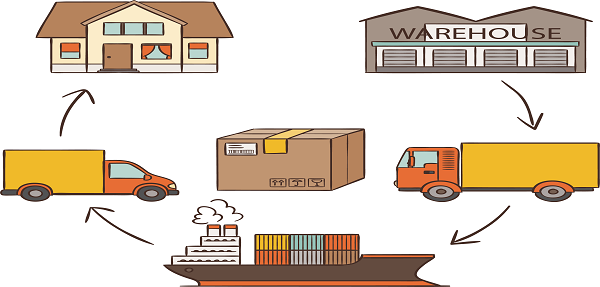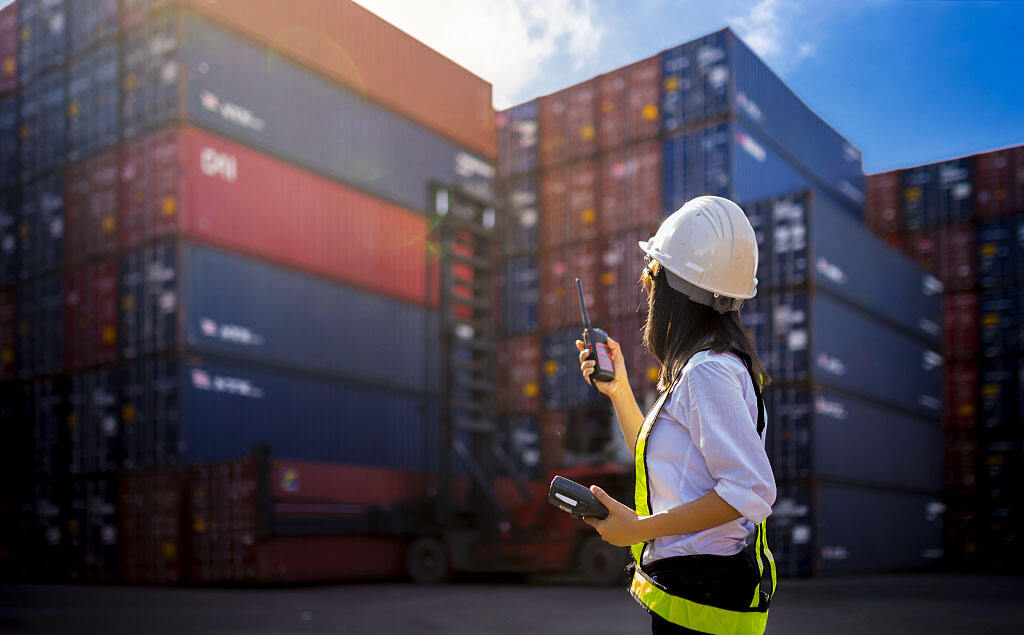air & sea freight
Air and sea freight represents the backbone of modern global logistics, combining the speed of air transport with the cost-effectiveness of maritime shipping. This comprehensive transportation solution enables businesses to move goods across international borders efficiently and reliably. Air freight provides rapid delivery options through an extensive network of airports worldwide, utilizing modern cargo aircraft equipped with advanced tracking systems and specialized storage compartments. Sea freight, operating through major ports globally, offers massive cargo capacity through container ships that can transport thousands of standardized shipping containers simultaneously. The system incorporates cutting-edge technologies including real-time tracking, temperature-controlled containers, and automated loading systems. Modern air and sea freight services utilize sophisticated logistics software that optimizes routing, monitors weather conditions, and manages customs documentation. This integration of both transportation modes allows businesses to balance speed and cost considerations, with air freight typically handling time-sensitive, high-value goods, while sea freight manages bulk shipments and cost-efficient transportation of larger cargo volumes. The infrastructure supporting these services includes advanced port facilities, automated customs clearance systems, and intermodal transportation networks that ensure seamless cargo movement from origin to destination.


